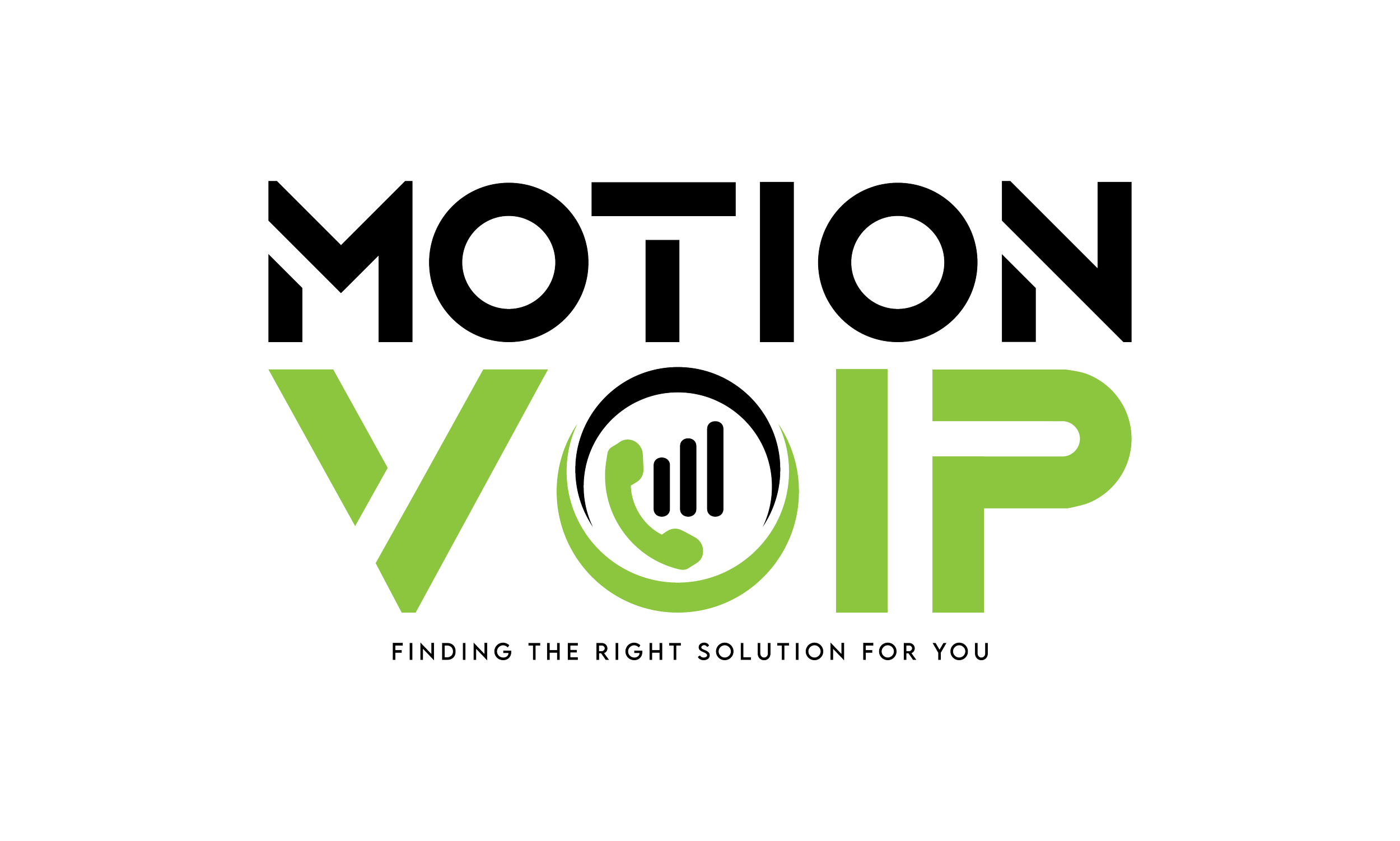VOIP Made Easy - What is VOIP?
VOIP is an acronym for Voice Over Internet Protocol, or in more straightforward terms phone service over the Internet.
In days gone by, we used what people called analog or POTS line, which many businesses and hotels currently still have installed today. POTS lines are known as Plain Old Telephone Service. These POTS lines were once the standard offering from telephone companies starting in 1876, thanks to Alexander Graham Bell. Your phone line at home, if you are still using traditional phone services such as Suddenlink, Centurylink, or ATT, are probably even analog.
In 1973 VOIP transmission began as a result of the experimental Network Voice Protocol invented for ARPANET, but it wasn’t until 1995 when the first internet phone service was publicly available. A recent Centurylink survey of IT professionals showed results of 65% using Hosted VOIP service instead of traditional PBX or phone system technologies. The rate organizations deploy cloud telephone solutions will more than double between 2016 and 2021, according to Unified Communications Worldwide 2017 Forecast Overview - Gartner.
ANALOG LINES or POTS LINES
Pros:
Reliable
Time tested solution that has barely changed in over 100+ years
Requires an expensive phone system for businesses
Works during power outages
Cons:
Expensive
Cannot be scaled up or down easily
Limited features
Changes a location requires a professional
No mobile capabilities
Common Providers: ATT, CenturyLink, Suddenlink, Verizon, and Frontier
Image by nextiva
VOIP LINES
Pros:
Reduced monthly costs
Low to no upfront fees
Digital quality phone calls
Increased functionality
Easily expandable
Able to be mobile
Cons:
Internet-dependent
Many choices in companies make for confusion
Confusing as to what you need compared to analog lines
Requires a backup connection to work in Internet outages
Common Providers: Vonage, RingCentral, 8x8, Jive, nextiva
Image by nextiva
Today many businesses such as hotels, realtors, car dealerships, insurance agents, software firms, organizations, retail locations, restaurants, call centers, entertainment venues, lawyers, manufacturing plants, medical offices, dentists and hospitals all use VOIP.



